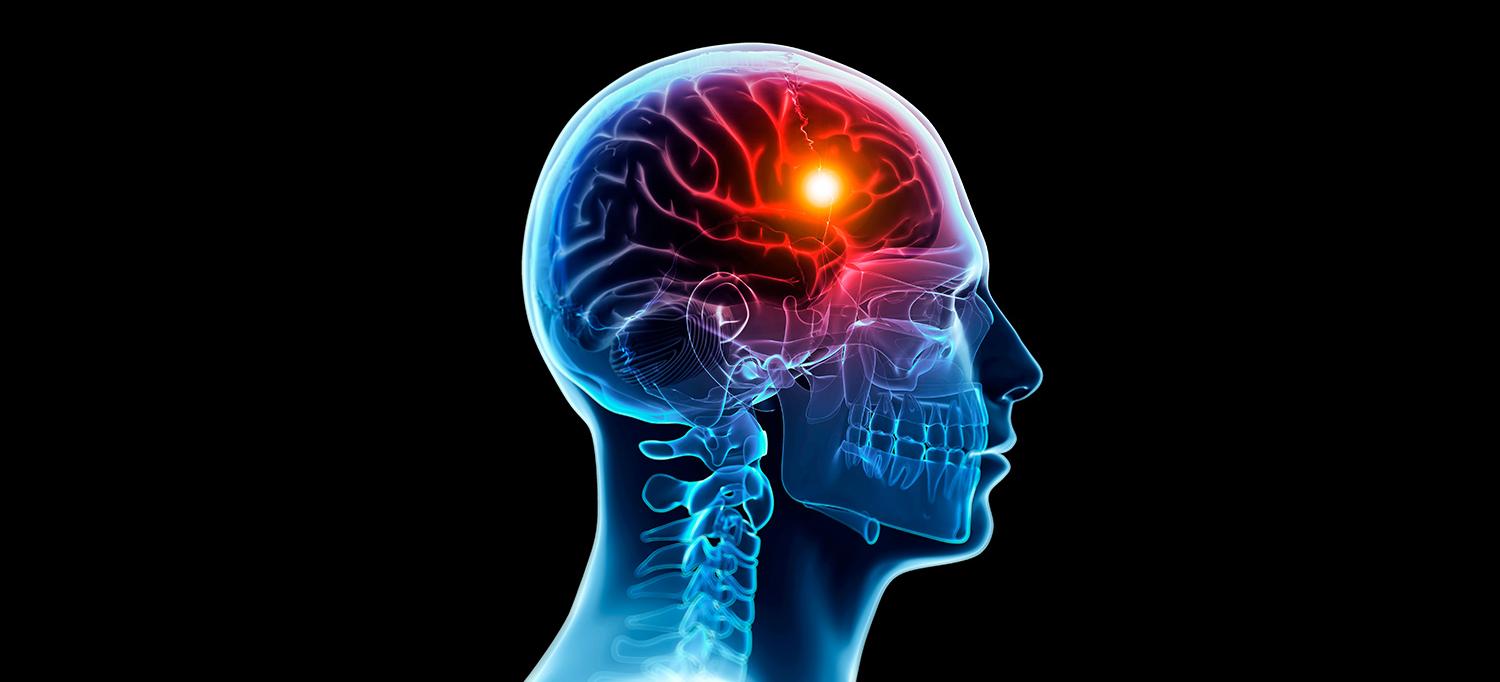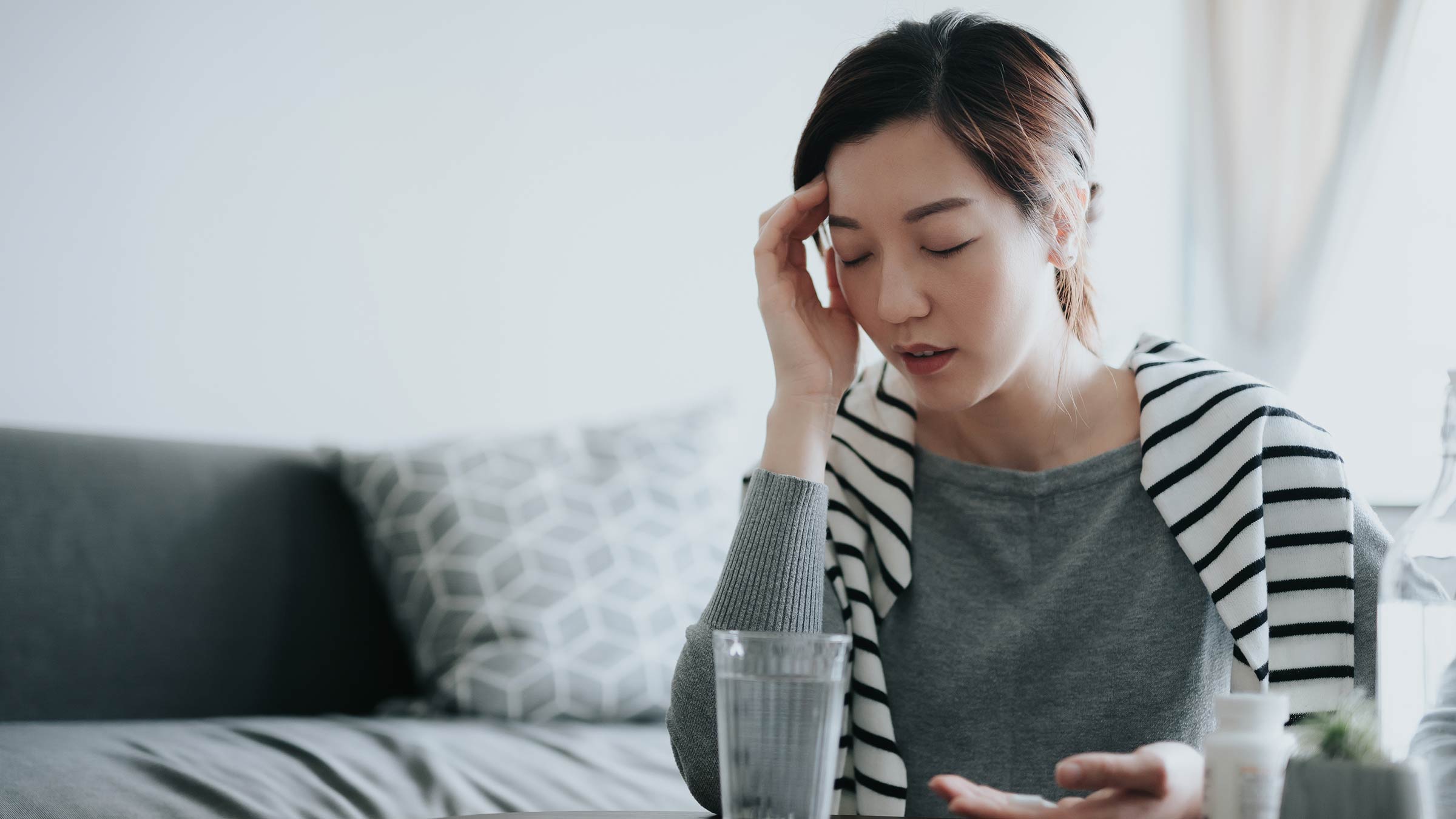A recent study has identified two significant factors that greatly increase the likelihood of experiencing a migraine.
Poor sleep and low energy the night before are strong indicators of waking up with a painful headache the following morning.
Conversely, a day marked by high stress or high energy raises the odds of suffering a migraine in the afternoon or evening that follows.
Up to 18 percent of Americans, both young and old, suffer from the intense, throbbing pain of migraines. Chronic sufferers endure at least 15 attacks per month.
The findings underscore the importance of maintaining good sleep hygiene — going to bed consistently at the same time each night and ensuring a minimum of seven and a half hours of sleep — to significantly reduce the chances of experiencing a morning migraine attack.
To prevent migraines, individuals are advised to manage stress levels effectively, as cortisol plays a role in triggering headaches.
Taking non-steroidal pain relievers like ibuprofen at the onset of early symptoms, such as sensitivity to light, nausea, dizziness, and fatigue, may also help prevent a full-blown migraine.
Migraines have historically been under-researched and underdiagnosed, with many sufferers either unable or unwilling to seek medical attention, and many healthcare providers struggling to recognize migraine symptoms and provide appropriate treatment.
Although an estimated 15 to 18 percent of women and six percent of men experience migraines, only about a quarter of them receive proper diagnosis and treatment.
Published in the American Academy of Neurology’s journal Neurology, the study involved 477 participants aged seven to 84, half of whom had a history of migraines.
They were instructed to maintain a headache diary, recording their mood, energy levels, stress, and migraine attacks as they occurred, four times a day over a two-week period.
Participants also assessed their daily sleep quality and wore monitors to track sleep and physical activity.
The study found that poor sleep quality was associated with a 22 percent higher likelihood of experiencing a headache the next morning, while a decrease in self-reported sleep quality increased the chances by 18 percent.
Similarly, a reduction in energy levels the previous day was linked to a 16 percent higher likelihood of a morning headache.

Conversely, higher average stress levels and significantly increased energy levels the day before were associated with a 17 percent increased odds of experiencing a headache in the afternoon or evening.
Dr. Kathleen R. Merikangas, the study’s lead author and chief genetic epidemiologist at the National Institute of Mental Health, noted,
“Surprisingly, we found no link between a person’s anxiety and depression symptoms — either having more symptoms or higher-than-average levels — and their likelihood of having a migraine attack the next day.
Perhaps most interestingly, headaches were associated with self-rated sleep quality rather than objective measures of sleep patterns, highlighting the importance of perceived physical and emotional states in the underlying causes of migraines.”
The exact cause of migraines remains unclear, but they are closely associated with sleep disturbances. Chronic migraine sufferers, who endure 15 or more attacks monthly, report insomnia rates twice as high as those experiencing less frequent and less severe attacks.
In addition to nerve cell miscommunication in the brain and poor sleep, migraines can be triggered by various unexpected factors.
They are neurological disorders influenced by changes in brain function and interactions with the trigeminal nerve, responsible for transmitting sensory information to the brain.
During a migraine attack, activation of this nerve triggers the release of neuropeptides — chemical messengers composed of amino acids — which constrict blood vessels and reduce blood flow to the brain.
Low serotonin levels, which regulate mood, sleep, and pain perception, can also prompt the release of neuropeptides, transmitting pain signals from nerve endings to the central nervous system.
Migraines can be triggered by a range of factors including poor sleep, stress, hormonal fluctuations, and environmental factors like bright lights and loud noises.
Less expected triggers include consuming aged cheeses, weather changes, and exposure to chemicals in perfumes.
However, further research is needed to understand these triggers better and to develop methods for predicting migraine attacks before they occur.
The study’s authors concluded, “These findings may offer insights into the underlying pathophysiological processes of migraines and can guide clinical interventions and prevention strategies.
Real-time tracking of these systems using mobile technology provides a valuable adjunct to traditional clinical assessments.”
